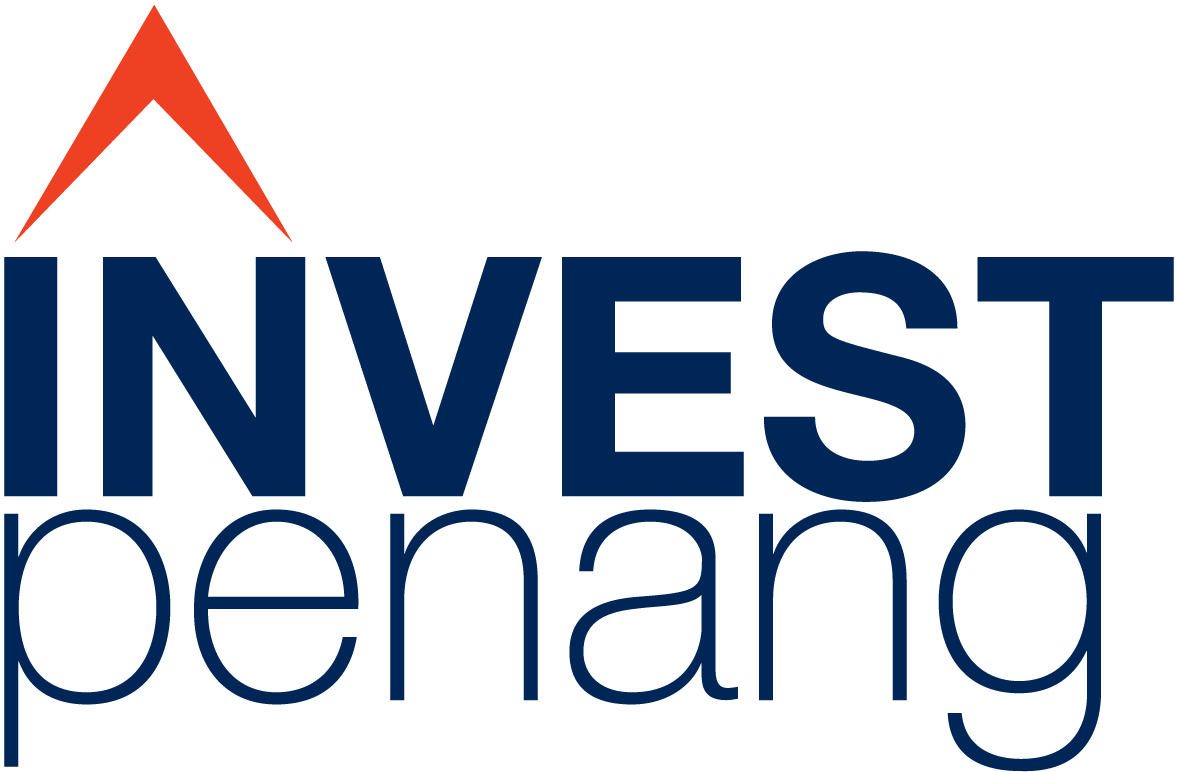

INTEGRATED fasteners and wire rods manufacturer Chin Well Holdings Bhd has seen its European sales more than double following the anti-dumping duty imposed on China-made fasteners since 2009.
Executive director Tsai Chia Ling says that with another five-year extension on the cards, the company hopes to grow its current European sales market to a maximum of 60%, with the remainder from its Asian customers.
She says Europe had accounted for around 26% of its sales in 2009 before shooting steadily up to around 57% currently after China was out of the competition.
The anti-dumping duty was slated to end on Feb 8 but an extension is now under review following a request by the European Industrial Fasteners Institute on Oct 1, 2013.
“Currently it is under investigation and is very likely to be approved by the European Commission. The final result will be announced by October. I believe that with this extension, our results will keep improving,” she tells StarBizWeek.
Anti-dumping duties: The good and the bad
Tsai says Chin Well has benefited significantly from this anti-dumping duty because of a regulation published by the European Union on July 26, 2011, which slapped the 85% tariff on imports of certain steel fasteners from Malaysia.
Only eight Malaysian companies, including Chin Well, have been granted exemptions from this regulation. “This regulation was imposed after many unscrupulous businesses used Malaysia as a transhipment stop for goods from China to Europe,” she says.
Tsai says its fastener business has also received a boost from another anti-dumping duty by the United States on imports of steel threaded rods from China, India and Thailand, with a tax rate of up to 200%. She says its wholly-owned subsidiary Chin Well Fasteners Co Sdn Bhd (CWF) expects to benefit from the customer demand shift over the next few years.
However, CWF has yet to enjoy the impact of the anti-dumping duty as product shipments have been temporarily put on hold due to quality control issues from its subcontractor. “We explained to our customers that we will resume taking orders when the threaded rods reach a level of quality we are comfortable with. We expect to begin taking orders again after two to three more months,” she says.
Although the US International Trade Commission decided in April that it would not impose anti-dumping duties on steel threaded rod imports from Thailand, she observes that US customers were still unwilling to purchase there due to the current political unrest.
Despite the gains Chin Well enjoys from the spillover from the two anti-dumping duties above, Tsai notes there is another one which has adversely affected the business of another of its wholly-owned subsidiaries, Chin Herr Industries Sdn Bhd (CHI). This is the anti-dumping duty Malaysia has imposed on imports of wire rods from selected companies in China, Taiwan, South Korea and Indonesia, with a tax rate of up to 25%.
Given that CWF owns a licensed manufacturing warehouse (LMW) factory while CHI is a local manufacturer, only the latter is affected by the extra tax levied if it continues to purchase wire rods from China.
Expressing strong disappointment with the decision, Tsai says the extra tax had greatly affected its sales in financial year 2013, resulting in a total cut in its product exports for almost nine months and declining local sales.
“Overseas customers may accept a price difference of 3% to 8% with China because of quality, delivery and services. But with a difference of up to 25%, it closed the door of exports for local manufacturers,” she says.
The impact was seen in a drop in revenue for FY13 (ending June 30, 2013) to RM461.89mil from RM501.58mil in the previous corresponding period. Its profit also took a dive to RM22.28mil from RM47.63mil. However, revenue during its current FY14 has improved to RM356.95mil from RM340.85mil in the previous corresponding period.
Tsai attributes this improved performance to a resumption in local sales and exports over the last five to six months, although at a weaker rate, allowing it to turn a minimal profit instead of making losses. Unwilling to rely on its existing products given the situation, Tsai says Chin Well decided to look for a way out by venturing into the more profitable downstream end. She says it purchased three new machines at its Bukit Mertajam plant for RM800,000 to RM900,000, which it took delivery of in end-February, so it could produce fencing and mesh wire.
Besides continuing its local sales of galvanising wire and PVC wire, she says it will be sending out its first downstream shipment to Australia, India and some parts of the Middle East by early next month. “This will hopefully allow our sales figures to get back to normal. The aim is for the factory to produce a majority of downstream end-products which are of higher value,” she says, noting that its previous sales ratio was 70% exports and 30% local sales. The US takes up 8% of Chin Well’s total sales market, while the remaining sales are from Europe (57%), Malaysia (24%) and other Asian countries (11%).
Expansion of the D-I-Y market in Europe
Going forward, Tsai says Chin Well wants to expand its D-I-Y (do-it-yourself) product exports to the US and Europe as this segment commands better profitability. She says that its factory in Dong Nai, Vietnam, under CWF Vietnam, is currently running at 90% capacity out of 6,000 metric tonnes per month and produces a 70:30 mixture of industrial and D-I-Y products. She notes that labour costs are low there, which suits the D-I-Y segment’s labour-intensive requirements and that allows the company to achieve higher margins for its products.
“CWF Vietnam currently has around eight to 12 customers globally. It exports only D-I-Y products to the US, and both industrial and D-I-Y products to Europe,” she says, adding that a major client is Germany-based wholesaler The Würth Group.
Tsai says its focus for the D-I-Y segment remains concentrated on the Europe and US, as customers there are willing to pay more for on-time delivery and higher quality in both packaging and fasteners. “As we are going to enter our new financial year, we are looking to get a bigger slice of the D-I-Y market by securing at least one to two customers in every European country,” she says.
Upcoming GST a boon
Tsai says that Chin Well will be able to be more competitive in the local market once the 6% Goods and Services Tax (GST) comes into effect on April 1 next year. She says it will achieve better pricing by 4% as the current Sales Tax is 10%.
“The GST will also boost fair competition. There are some players in the market that are not issuing invoices in order to avoid the 10% sales tax. With the GST, they have to issue invoices, which will push their prices up by 6%,” she says.
At the moment, Tsai is not worried about competition from alternative joining technologies, such as adhesives, as she observes the industry typically lags in the adoption of new or emerging methods. She said that the outlook remained positive over the new few years, especially if the EC decides to approve a further five-year anti-dumping duty period against China.
Assuming China comes back into the game in 2019, she opines that its prices should be on a more level-playing field given the Government’s current focus on environmental issues, which have pushed manufacturing costs up. “We also enjoy a competitive edge in that our operations in CWF and CWF Vietnam are completely in-house throughout the whole process flow, saving costs,” she says.
Despite its growth prospects, Tsai says production at CWF’s factory is hindered by a big manpower shortage issue and is currently operating at just 46% capacity. She notes that the factory is capable of producing 8,800 MT per month with 24/7 operations, but was currently producing just over 4,000 MT per month.
“The authorities have yet to approve our request to increase our manpower with more foreign hires and it is difficult to find locals who want employment in factory conditions,” she says. With Europe being its biggest market, Tsai says Chin Well has submitted applications for CE (European Conformity) certifications for around 30% of its product range of fasteners. She says around 40% of its product range has already received approval, while it has no current plans to obtain CE for the remaining 30%.
Tsai says domestic and regional sales were currently on a downtrend, observing that sales typically decreased when businesses were doing well and could afford to import fasteners in container-quantities from China instead.
However, she says when domestic and regional sales pick up, Europe and US demand then decreases. “This allows us to weather the situation well. In addition, Chin Well can obtain higher margins by selling our products in Europe and US,” she says, adding that prices of cold heading quality wire rods, which is the raw material for fasteners, have been stable on the low-end at US$600 to US$750 per tonne.
Noting that changes can come swiftly and unpredictably, she says Chin Well will continue to upgrade its internal processes and enhance its cost-efficiency measures without compromising quality. “We have been in business for 25 years now and believe Chin Well is fit to face global competition,” she says
Source: The Star, 19 July 2014
